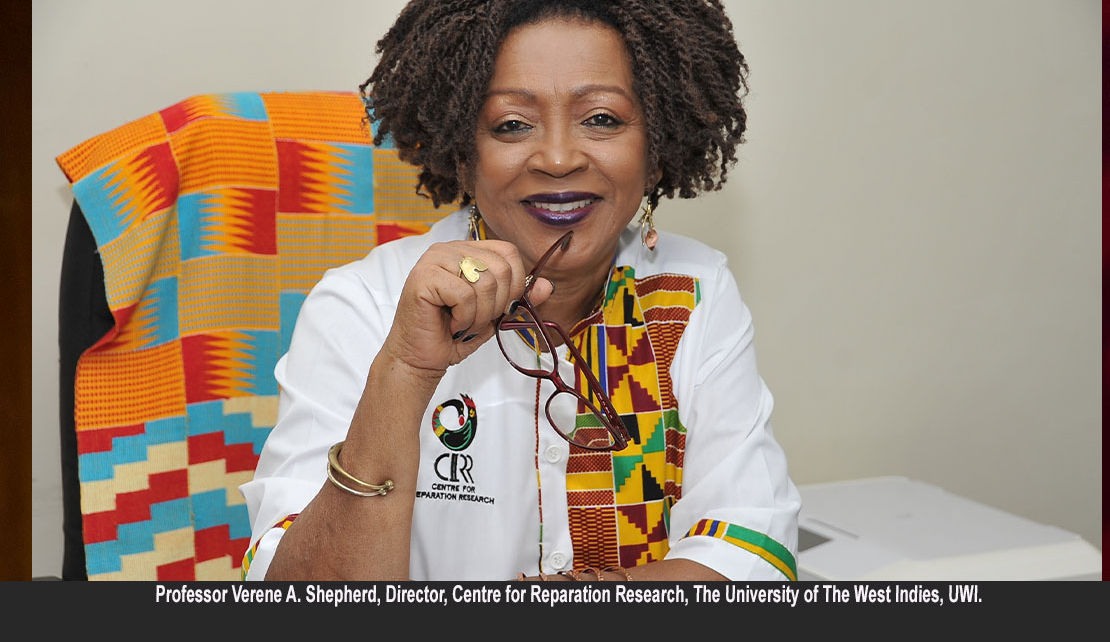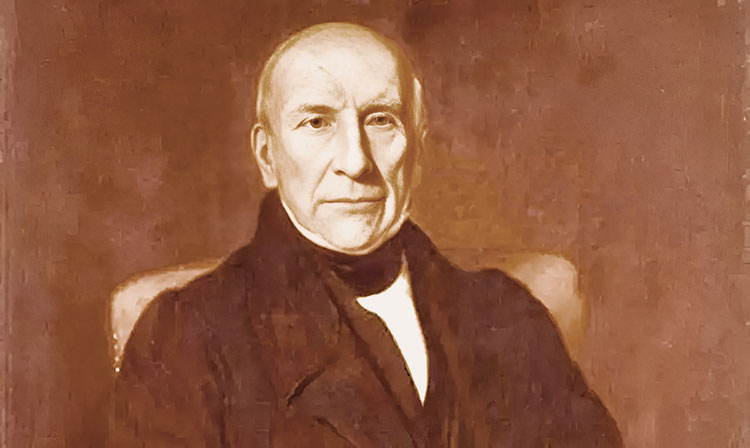JAMAICA | Jamaica should demand an apology from John Gladstone’s descendants says Prof Verene Shepherd

KINGSTON, Jamaica, August 27, 2023 - Recently news broke that some of the descendants of British enslaver John Gladstone, led by Charles Gladstone, his great-great-grandson, journeyed to Guyana to apologise for the role their infamous ancestor played in the chattel enslavement of Africans and the indentureship of Indians in that country and to express their shame and regret.
I applaud them and all others who are engaged in similar acts; for it cannot be easy to discover, then live with the knowledge, that one’s ancestors participated in what is now widely regarded as a crime against humanity and, in John Gladstone’s case, to have gone on to continue the oppression of yet another ethnic group in the post-slavery period.
As a reminder, John Gladstone (1764-1851), a Scottish Merchant and father to one of Britain’s most well-known former Prime Ministers, William Gladstone, was one of the largest and richest enslavers in the British-colonized Caribbean.
The University College London’s Legacies of British Slavery database shows that he got a hefty pay-out of the £20M compensation package that Britain paid to 46,000 enslavers (or their beneficiaries) when the Emancipation Act came into effect in 1834, especially when converted to current value.
An estimated 40%-50% of the £20M stayed in the UK and was distributed to about 3000 people. More specifically, at the time of Emancipation, John Gladstone was associated with 14 properties (mostly sugar plantations) in both British Guiana (Guyana) and Jamaica. He successfully claimed compensation for five plantations in the then British Guiana.

Scholars of Indian Indentureship also tell us that John Gladstone – in what has come to be dubbed “The Gladstone Experiment”- was responsible for initiating the importation of Indian indentured labourers to Guyana in 1838. Indeed, every student of Caribbean History has heard about the arrival of Indians in Guyana on the ships Hesperus and Whitby.
In terms of Jamaica, according to the UCL database, John Gladstone received compensation totalling some £15,052 (£14.4 million in today’s money), for 806 enslaved people on Holland, Holland & Shaws (St Elizabeth), Oxford (St Mary) and Fair Prospect (St Thomas-in-the-east).
He had financial interests in other properties, among them Fish River (Hanover), Torrington Castle & Fullerswood Park Pen (St Elizabeth), Petersville (Westmoreland) and Eden (St. Mary); but compensation claims on those were unsuccessful.
However, despite this history, the descendants of John Gladstone have not apologized to Jamaica and Jamaicans for the chattel enslavement by their ancestor of hundreds of Africans who toiled on the properties in which he had financial interests across the island.
Jamaica should demand an apology from the descendants of enslaver John Gladstone; and the Guyanese reparation advocates, indeed all the CARICOM countries which are singling out descendants and institutions for reparation, should join forces to insist that heirs/heiresses of enslavers should not be allowed to pick and choose the focus of their apology and reparation settlement, but include all countries where their ancestors participated in a crime against humanity in their acts of repentance; neither should they decide unilaterally the sum to be paid.
And, as my colleague in the Jamaica National Council on Reparation, Steven Golding asked, where they are making a financial contribution, why does £100,000 seem to be the going rate? Afterall, we know from the UCL Database how much compensation was paid out to each successful claimant.
We do not, of course, expect the entire weight of the reparation campaign to fall on the heads of the heirs and heiresses of enslavers. The former colonizing nations must bear the greater responsibility; and economic Historians and Economists, the more recent being the Brattle Group, have placed figures on the table, building on the work of Robert Beckford’s pioneering ‘The Debt.”
Dr. Verene A. Shepherd is the Director, Centre for Reparation Research, The University of The West Indies, UWI.
